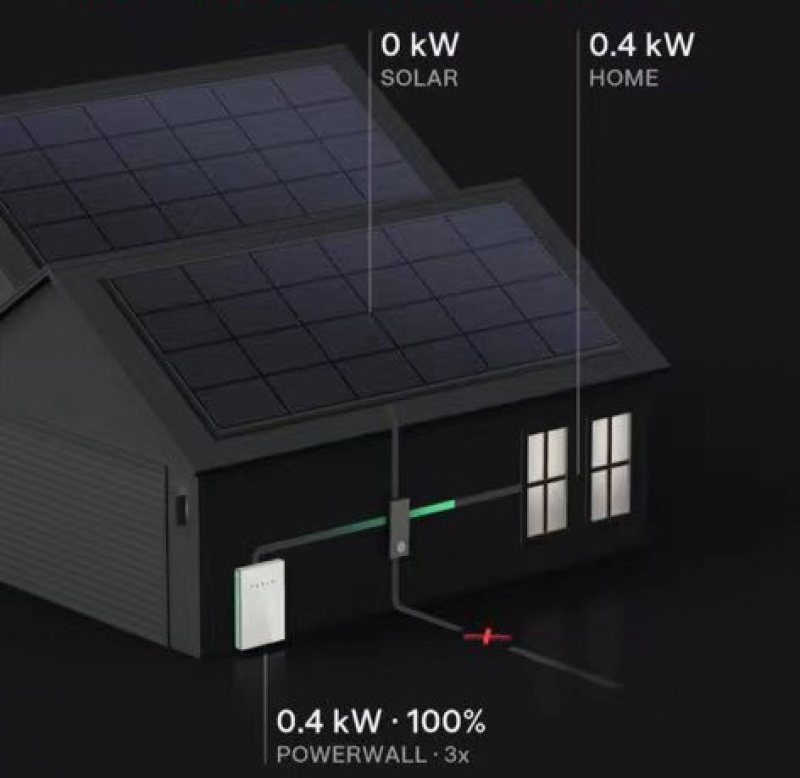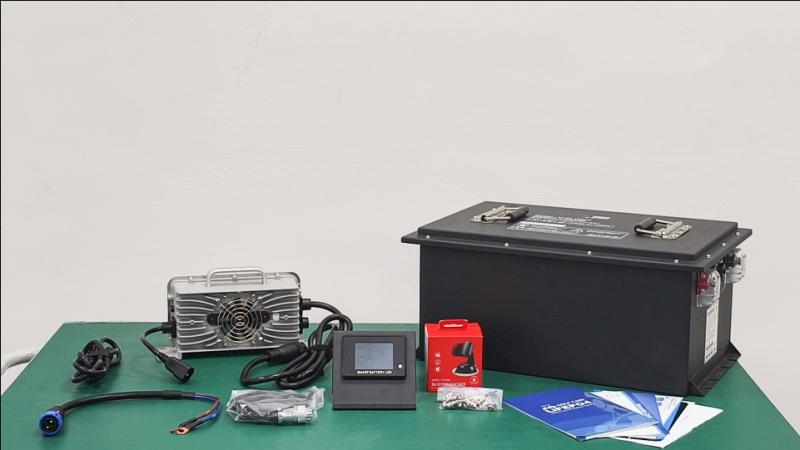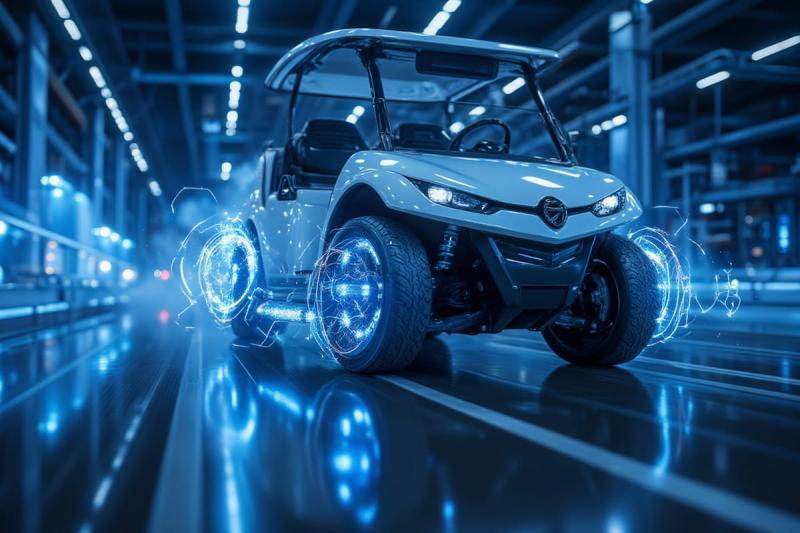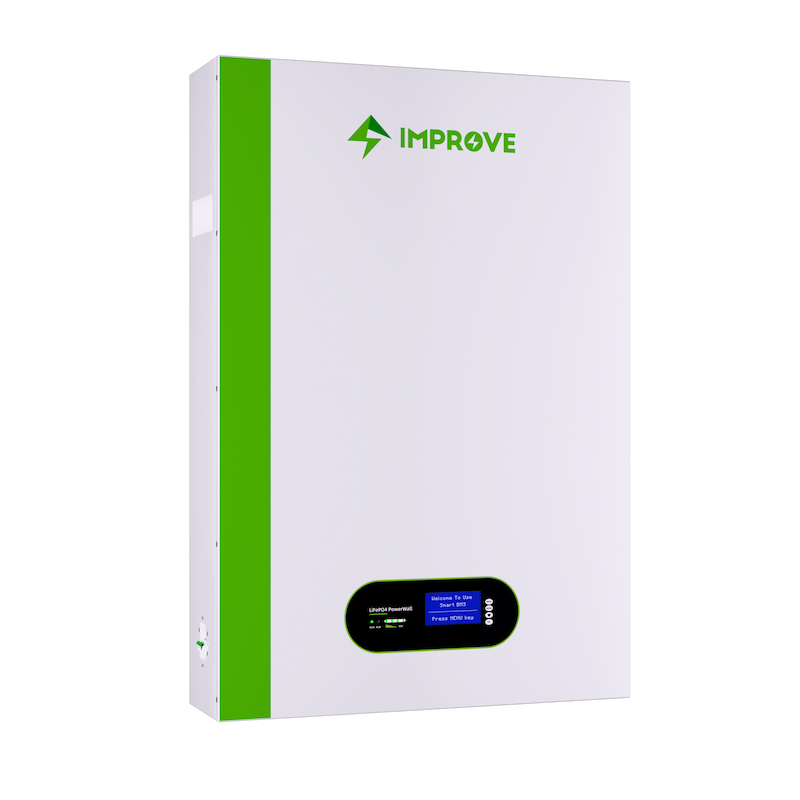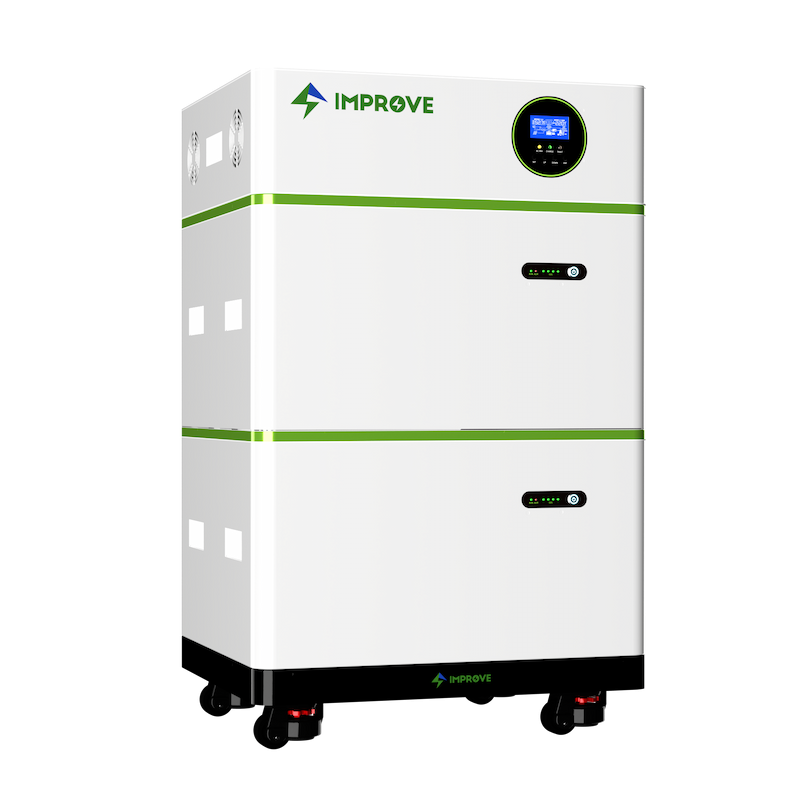In the past, the vast majority of home energy storage systems used lead-acid batteries, but in recent years, this situation has begun to change significantly,More and more home energy storage systems are starting to use lithium-ion batteries,such as powerwall battery. Which is more suitable for energy storage system, lithium-ion battery or lead-acid battery?
The use of lead-acid batteries
Since the 1970s, lead-acid batteries have been used in home solar power generation systems as energy storage batterie.It is similar to a traditional car battery, but charges and discharges more frequently than a car.Since the cost of lead-acid batteries is lower than that of lithium-ion batteries, this makes home users more inclined to choose lead-acid batteries.
The cycle times of lead-acid batteries are up to about 1000 times, while the cycle times of lithium-ion batteries are mostly between 1000–4000 times.Therefore in the high-frequency charge-discharge cycle of the solar energy storage system, the user will have to replace the lead-acid battery frequently.
Lead-acid batteries also have the problem of low discharge, charge and discharge efficiency, consume extra energy during use, and cannot charge and discharge as quickly as lithium battery systems.Therefore, under the same conditions, lead-acid batteries will require more capacity and space, that is, greater volume and weight.
Lead is also a toxic heavy metal, and even though it is recyclable, a little mishandling can cause pollution.
The use of lifepo4 batteries
In recent years, lithium-ion batteries have developed rapidly and become the first choice for many devices. Power banks, mobile phones, notebooks, cars, etc.More and more home solar energy storage systems use lithium-ion batteries. LifePo4 batteries have a higher upfront cost than lead-acid batteries.Such as Tesla’s Powerwall energy storage system will cost $5,900 or $6,600 in the U.S. in 2018, including supporting hardware.
With the improvement and optimization of the safety LiFePO4 battery industry chain, the cost of lifepo4 batteries is declining.Chinese battery manufacturer research data showed report that the installation cost of a lead-acid battery energy storage system for home solar energy is between $598 and $635 per kWh.Lithium-ion batteries cost $831 to $1,089 per kWh to install.But the low cost of lead-acid batteries hides some additional costs, such as shorter operating life and higher operating costs.
Lithium-Ion Batteries and Home Energy Storage
The cost of ion and lead-acid batteries currently used in home energy storage systems is significant. They can be used as stand-alone energy storage systems or in conjunction with residential solar power generation facilities to meet some or all of the energy needs of home users or businesses.
In terms of operating life, lithium-ion batteries are expected to last 8–10 years, and they are able to charge and discharge to higher levels without significantly reducing capacity.
Lithium-ion batteries used in home energy storage systems are not light, but compared with lead-acid batteries of the same specification, the volume and weight are reduced by about 30%;Faster charging at higher voltages; safety performance is also greatly improved.
Of course, there are many advantages of lithium-ion batteries. All in all, lithium-ion batteries have more advantages than lead-acid batteries in energy storage applications, and as the cost decreases, they will be more and more widely used in energy storage systems.


